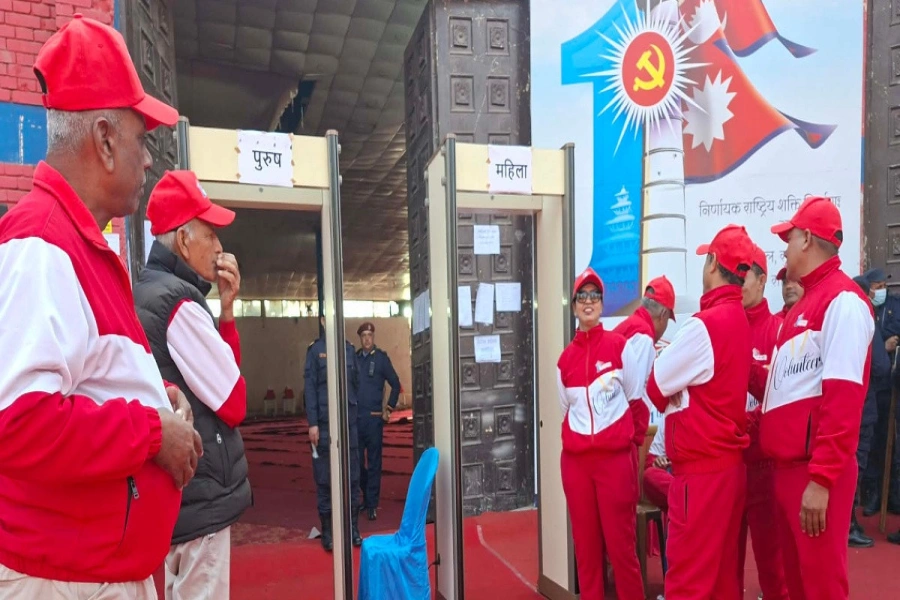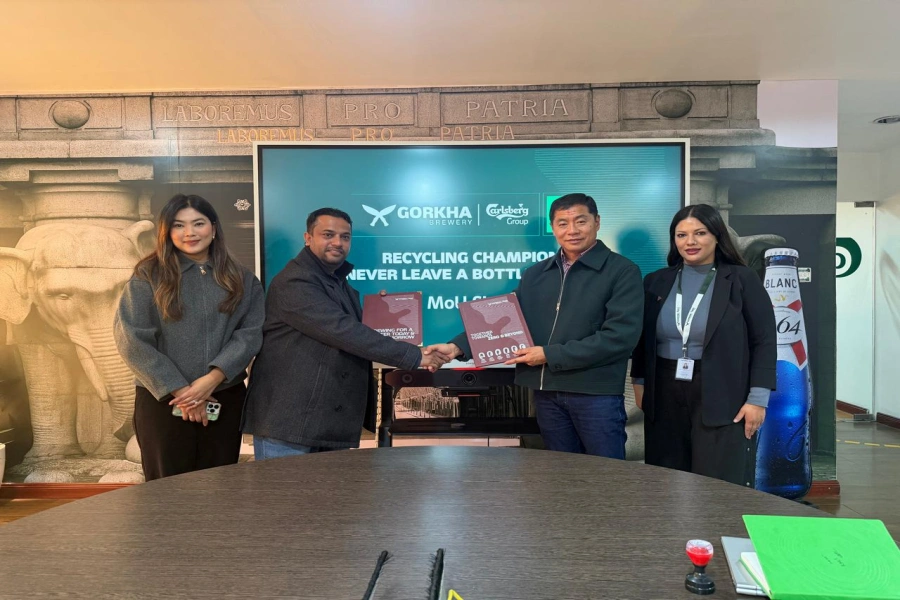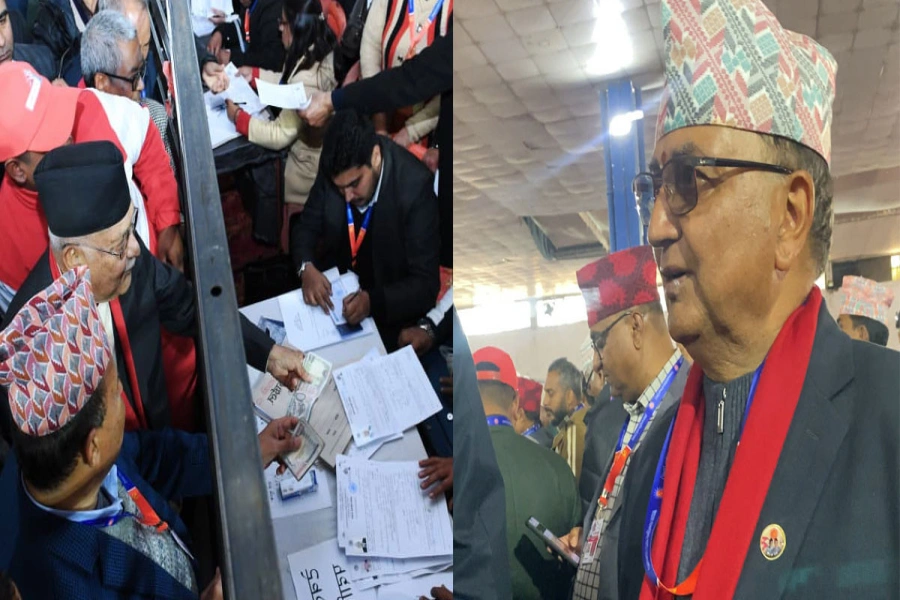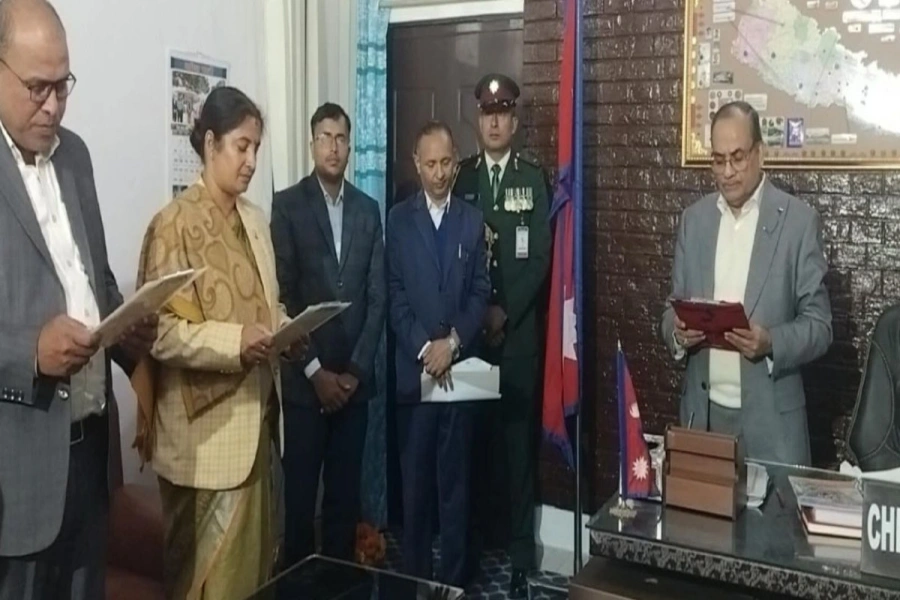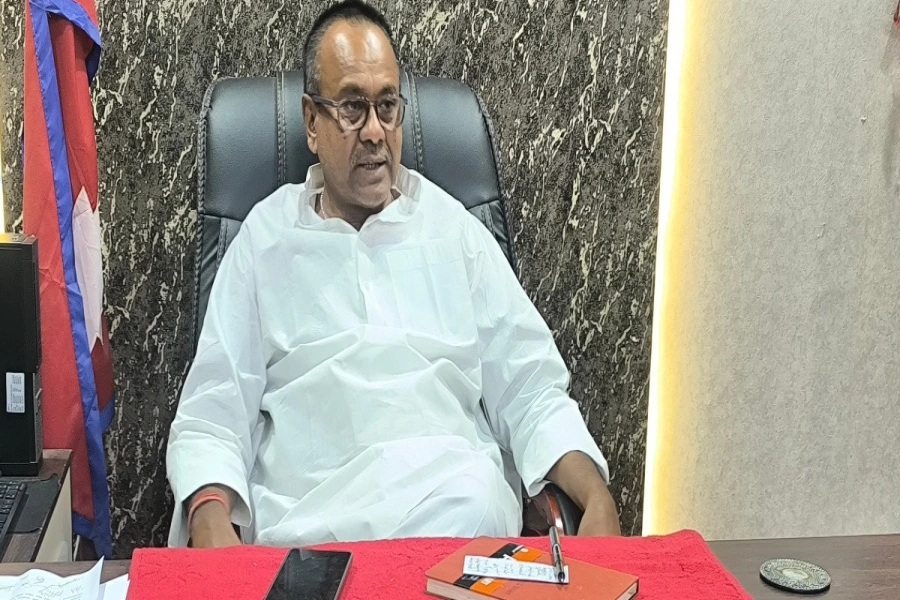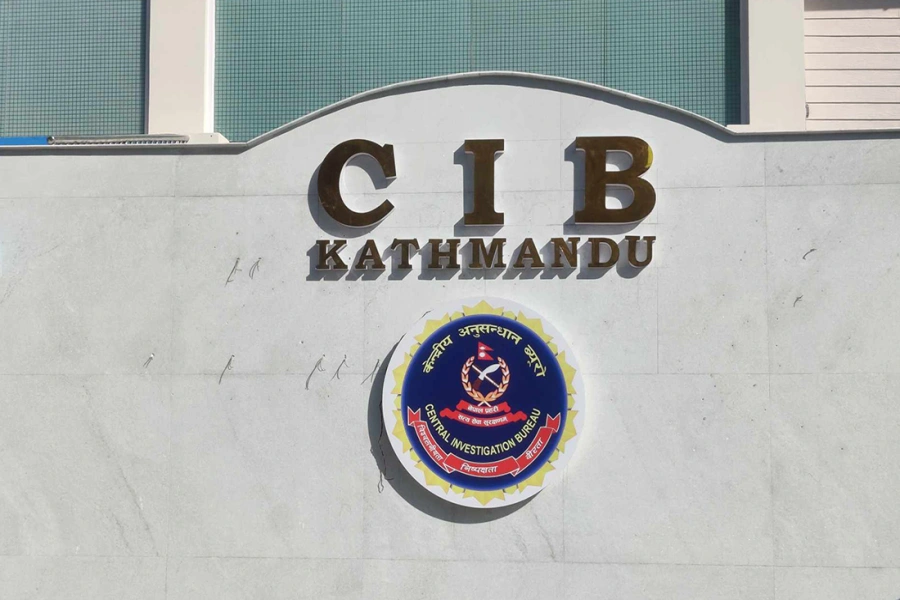BIRGUNJ, Jan 15: Shipping companies have been exploiting Nepali importers to the tune of Rs 1 billion annually since the direct transshipment procedure was implemented for third-country trade. Shipping companies have been found to charge extra under different headings apart from the basic sea freight charge.
“Maersk Line Shipping Company charged me an extra IRs 7,000 for a twenty feet container and an extra IRs 10,250 for a forty feet container in the name of terminal handling service,” said one of the reputed entrepreneur of Birgunj, “We cannot complain in fear of having our consignment on hold which could result in great losses for us.”
Int'l shipping firms court importers as trade volume goes up

According to some importers, the fee charged by Maersk Line Shipping Company is less than other shipping companies. Various companies charges IRs 15,000 for twenty feet container and IRs 25,000 for forty feet container. Currently, 5,233 containers enter Nepal monthly in direct shipment procedure. The extra cost in the name of terminal handling service would amount to Rs 80.37 million per month.
Shipping companies have been found to have been taking advantage of Nepali importers as they have limited option for transportation of the goods. Shipping companies collect Rs 1.47 billion annually from Nepali importers.
Representatives of the shipping companies also collect Rs 874 per container at the Birgunj dry port, which would amount to Rs 50.3 million per year.
Direct transshipment procedure has solved the problem of middlemen in detention, demurrage and cargo handling but there is no government mechanism to look after the unnecessary charges levied by the shipping companies. According to Ek Narayan Aryal, Consul General of Nepal in Kolkata, Nepali importers should be the beneficiary from the direct transshipment procedure and not the shipping companies. Aryal sees it as a challenge for all to control such exploitation.
Before the implementation of the direct transshipment procedure, cargo from foreign countries came from shipping companies via dry port of India. The containers were then sent to Nepal within 14 days from Kolkata. Nepali importers had to pay customs, insurance and file other official papers months before the goods arrived. Nepali importers also had to hire an agent in Kolkata to facilitate all the paperwork. Although the hassle to get goods into Nepal has decreased due to the direct transshipment procedure, the extra cost borne by Nepali importers continue due to the exploitation by the shipping companies.




